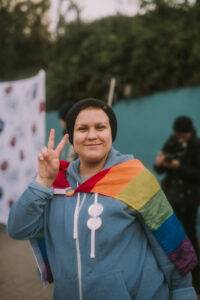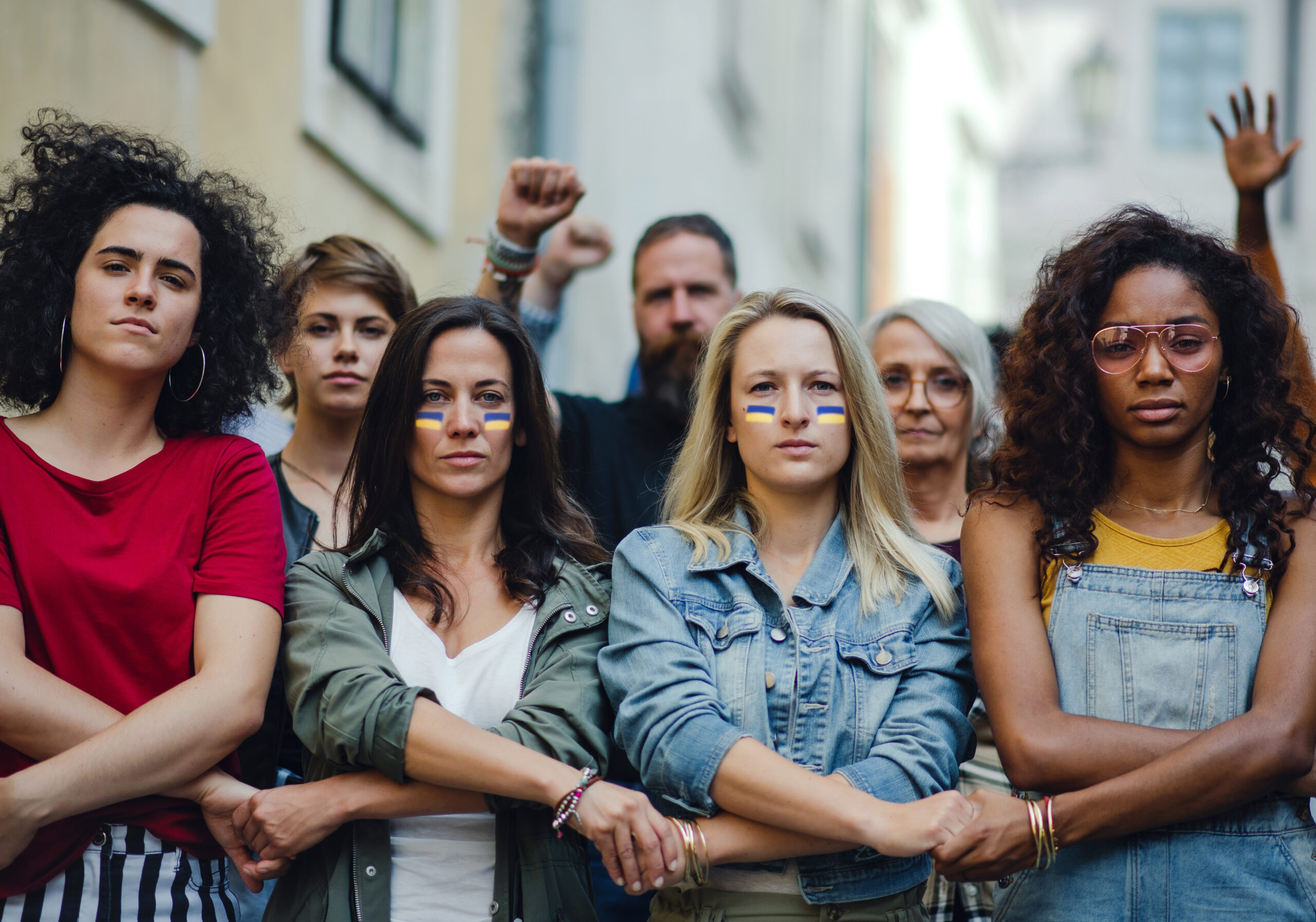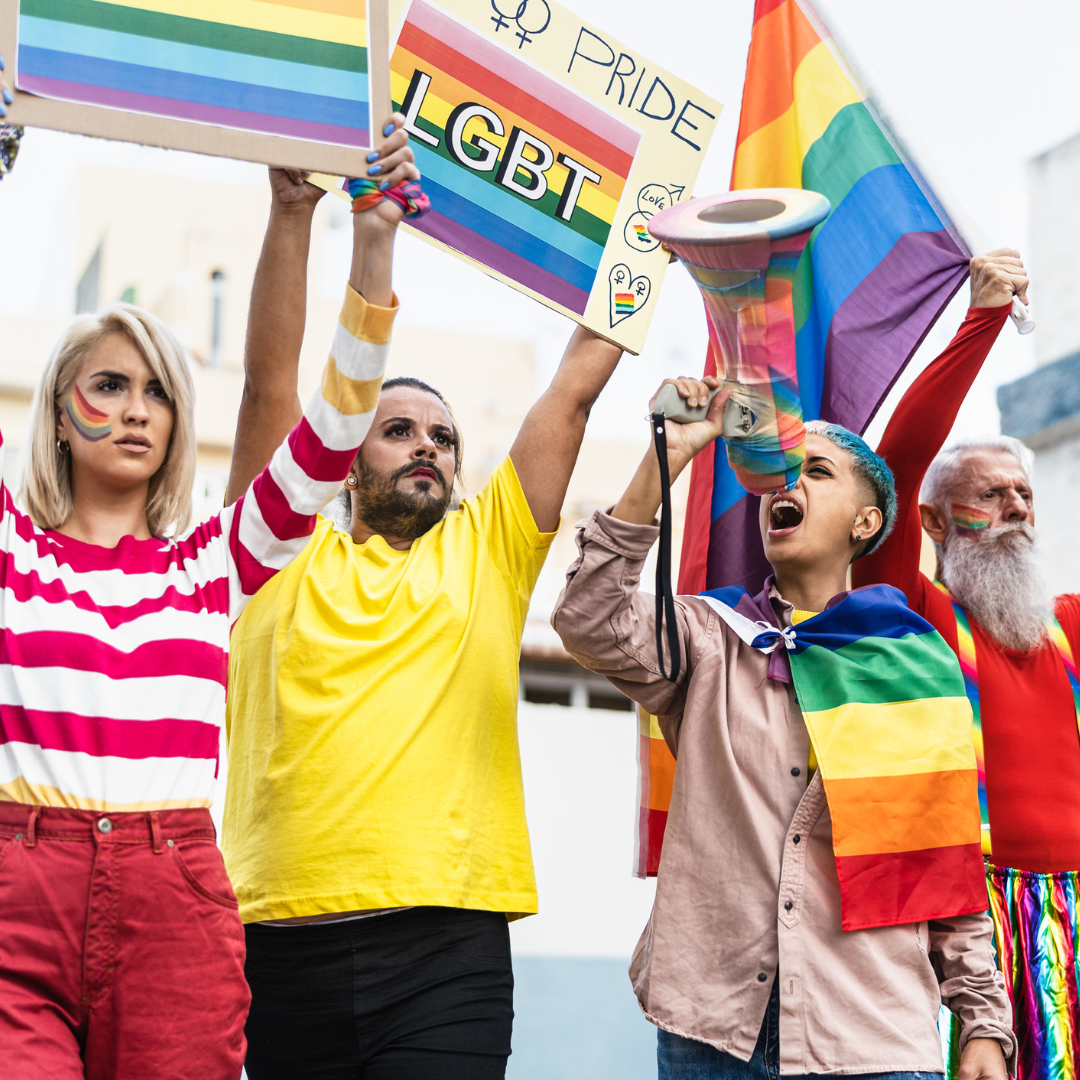URGENT
ACTION FUND
URGENT
ACTION FUND
For Feminist Activism
We provide resources that serve as a lifeline for women, trans and nonbinary activists who face direct threats to their safety and well-being.

What We Do
What We Do
Urgent Action Fund for Feminist Activism provides fast, flexible support to women, trans and non-binary activists so that they can respond to unexpected risks and opportunities, protect and care for themselves and one another, and nurture and sustain thriving frontline feminist movements for a just and equitable world.


$19 million
awarded since 1997
3,234
rapid response grants provided
125
countries
When feminist movements have access to timely support from trusted funders, they are better equipped to adapt to real-time risks and leverage opportunities in ways that sustain ongoing movements for social change.



Photo Credit: Andrea Piacquadio
Two Years In: As the War Rages on in Ukraine, Urgent Action Fund Stands with Feminist Activists
As Putin Cracks Down on LGBTQ+ Communities Philanthropy Needs to Step Up
As Russia braces for upcoming presidential elections amidst military setbacks, a disturbing yet familiar political tactic unfolds. President Vladimir Putin’s regime, in a desperate bid to rally national support, has zeroed in on a next target: the LGBTQ+ community. Photo Credit: Alessandro Biascioli
Feminist Activism Without Fear: Facing Risks with Collective Power & Care
This new campaign shares the stories of feminist activists facing increasingly intense forms of
backlash, or “reprisals,” and provides insights into how funders and policymakers can support
those at risk through a lens of care and connectivity.
Feminist Activism Without Fear: Facing Risks with Collective Power & Care
Illustration by Nafisa Ferdous

Where We Fund
Urgent Action Fund supports women, trans, and non-binary activists in the Middle East, Europe, the Balkans, the Caucasus, Turkey, Central Asia, Russia, Canada, and the United States. Our Sister Funds offer support to activists in Africa, Asia and the Pacific, and Latin America and the Caribbean.
Canada
Central Asia
Europe
The Balkans
The Caucasus
The Middle East
The United States
Give today to support
feminist activists in real time
Give today to support
feminist activists
in real time
In critical moments, your gift makes a big difference.



